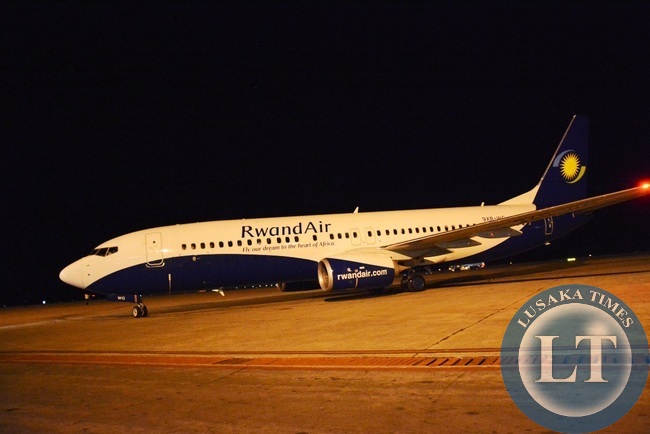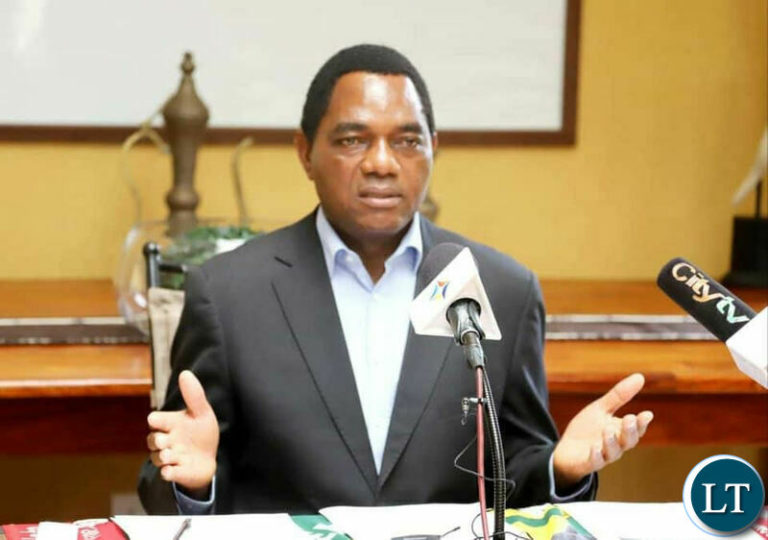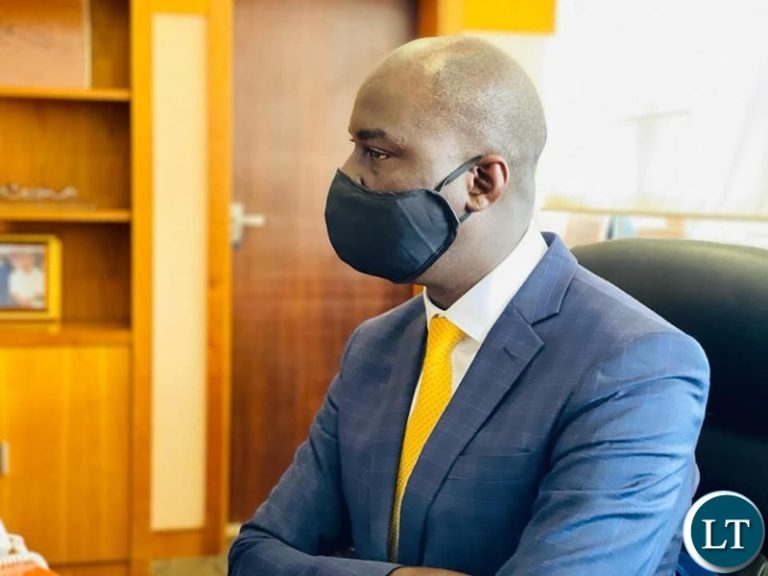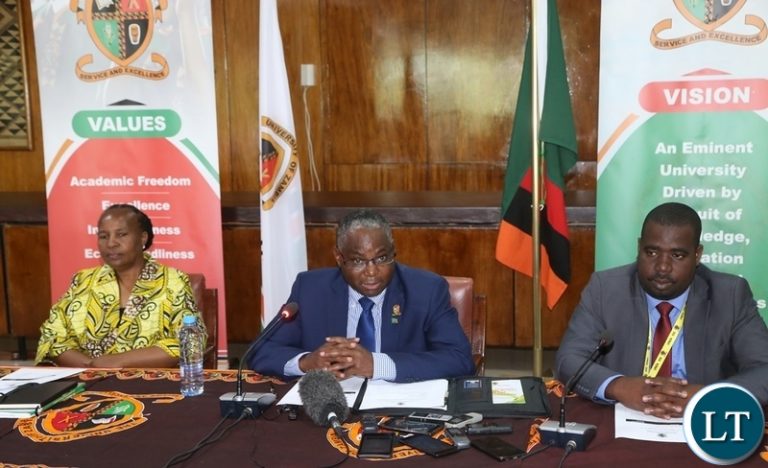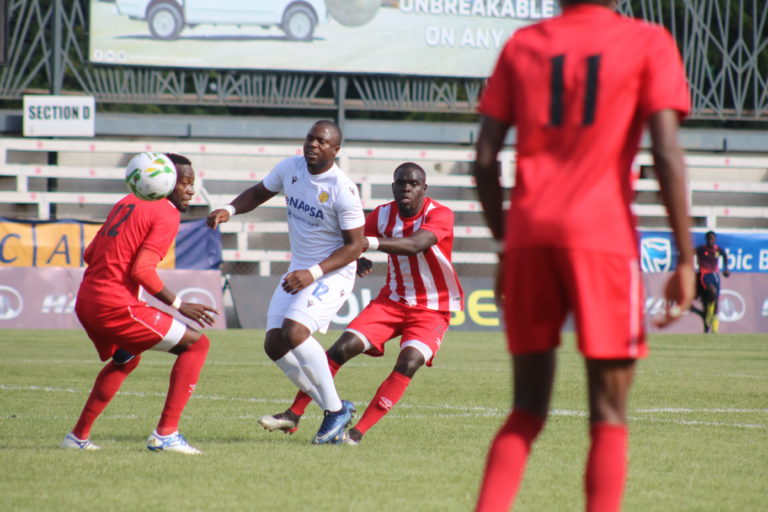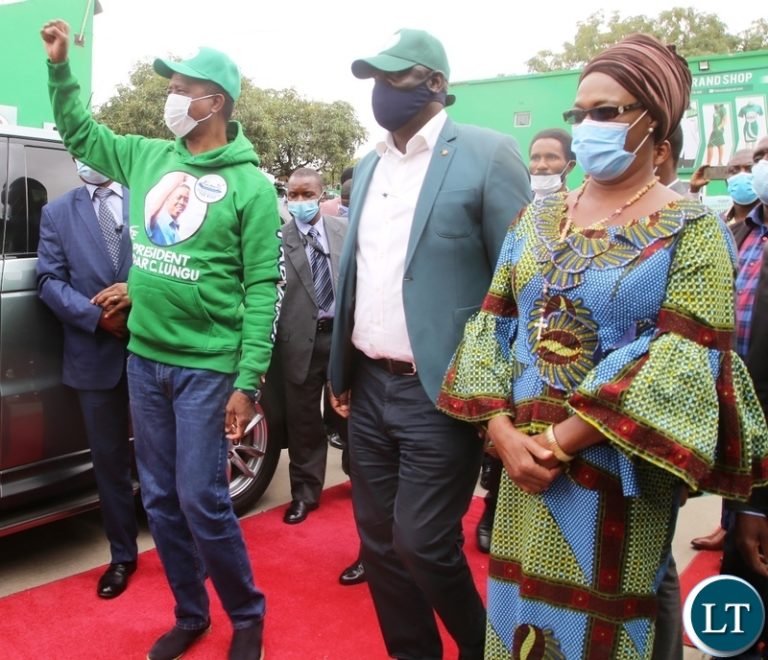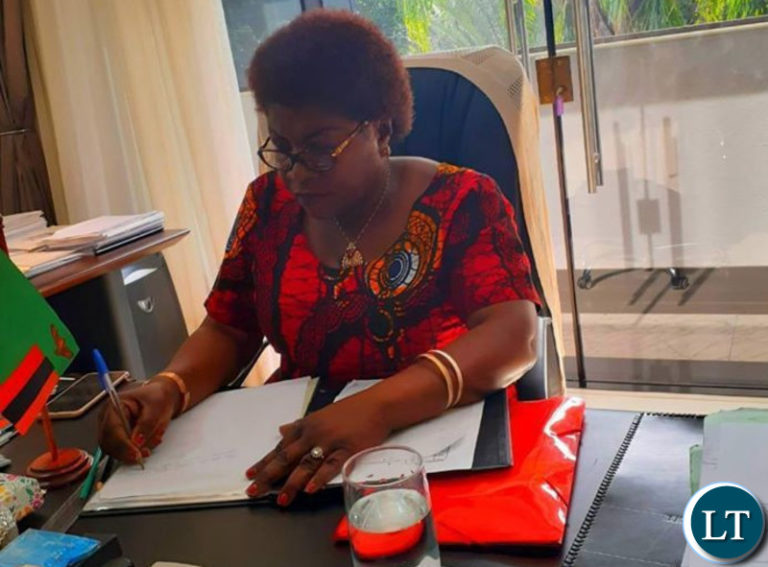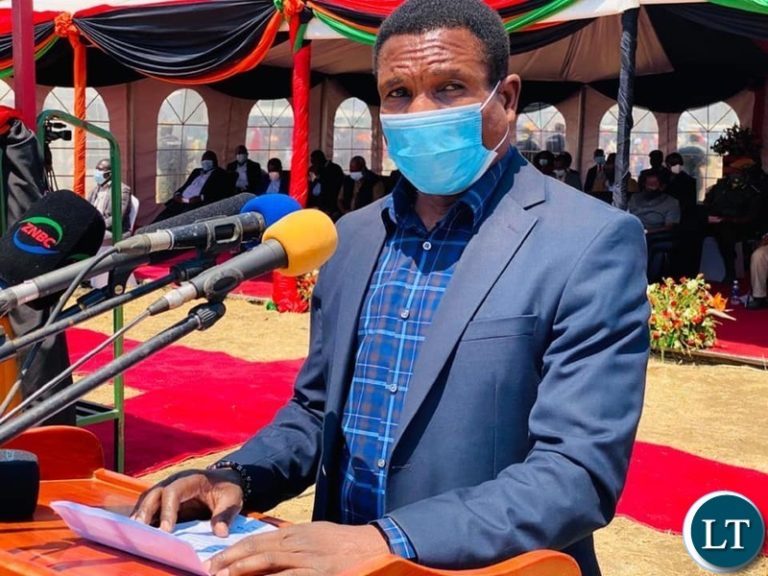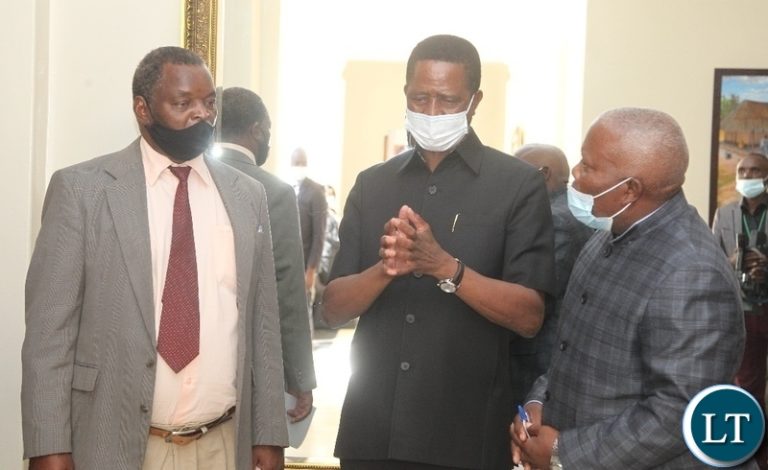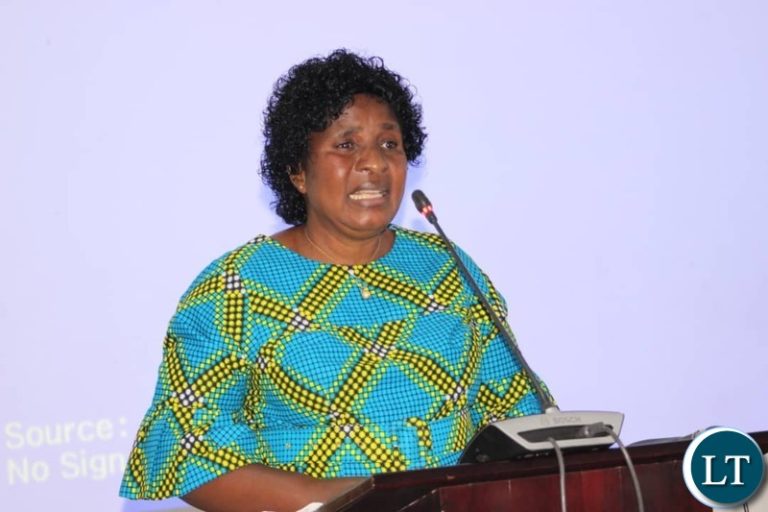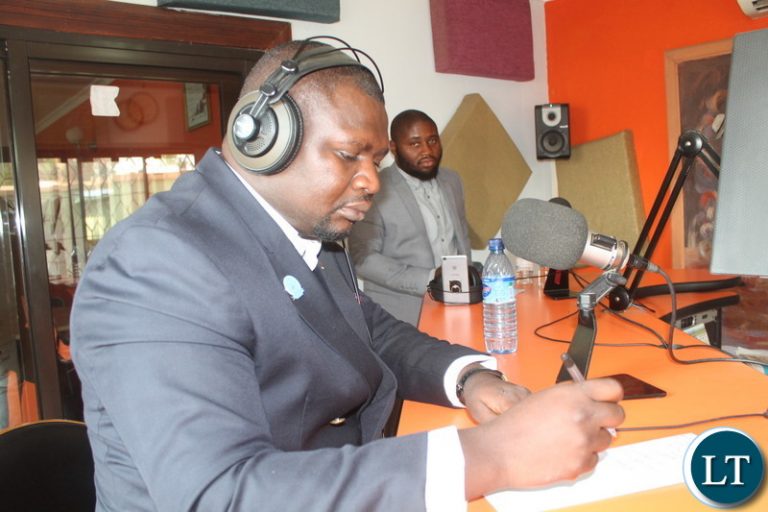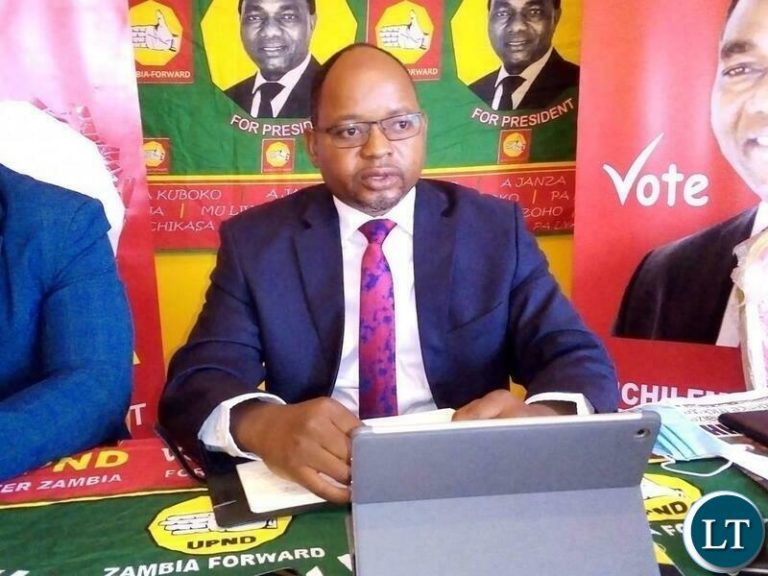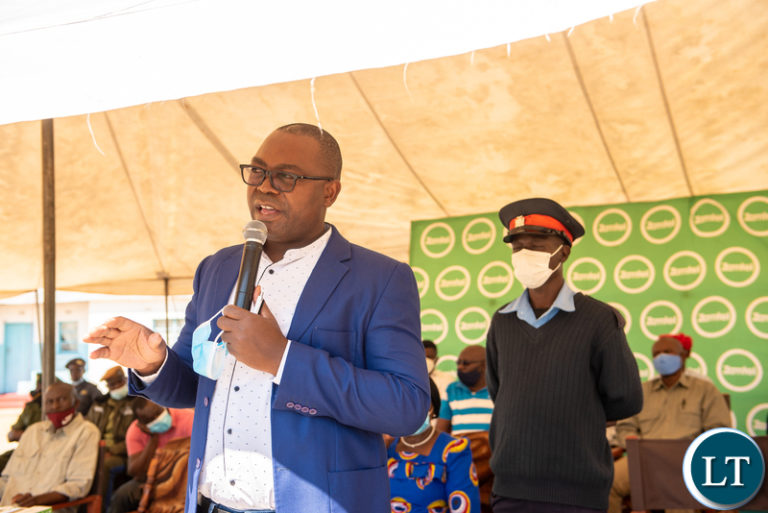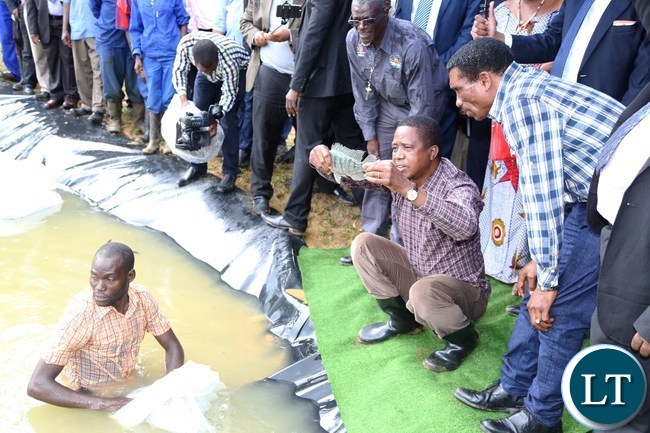By Cleopas Sambo, Felicity Kayumba Kalunga, Pamela Towela Sambo, O’Brien Kaaba, Julius Kapembwa and James Kayula
Socrates, Jesus Christ, Galileo Galilei, Karl Marx, Spinoza, Peter Singer are a few of the thinkers who ran afoul of society or segments of it for expressing ideas deemed offensive or harmful. Many other thinkers have been murdered, ostracized, imprisoned, threatened, assaulted, forced into exile, lost their jobs or job opportunities for researching or disseminating ‘dangerous’ ideas. However, throughout history, the expression of unorthodox ideas has been vehemently defended by many thinkers. Affirmation of free inquiry became the hallmark of the Enlightenment era in Europe and the defence of freedom of expression is canonised in John Stuart Mill’s On Liberty.
The United Nations Educational, Scientific, and Cultural Organisation (UNESCO) highlights a paradox relating to freedom of expression in higher education. On one hand, “higher education and research are instrumental in the pursuit, advancement and transfer of knowledge and constitute an exceptionally rich cultural and scientific asset”. As a result, “governments and important social groups, such as students, industry and labour, are vitally interested in and benefit from the services and outputs of the higher education systems.” From this, UNESCO recognizes “the decisive role of higher education teaching personnel [lecturers and researchers] in the advancement of higher education, and the importance of their contribution to the development of humanity and modern society.” On the other hand, however, UNESCO expresses concern “regarding the vulnerability of the academic community to untoward political pressures which could undermine academic freedom”.
The events of the last few weeks playing out in the media have left us, as academics, particularly dismayed. Dr. Sishuwa Sishuwa, a prolific academic and public intellectual with a demonstrable track record of robust intellectual debate, knowledge and analysis wrote an opinion piece in the News Diggers newspaper on 19 March 2021 where he argued, ‘This is Why Zambia may burn after the August Election.’ To name this piece appropriately, one would have to call it a conditional forecast. This is important because it sets the boundaries within which this opinion piece is set and must be understood. Words matter and even more so in this instance. In his article, Dr. Sishuwa gives a careful and thorough breakdown of the reasons why this particular outcome, may (being the operative word) happen – the shrinking political space and rising repression, increased politicisation of state institutions such as the police and judiciary, economic collapse including raising inflation and cost of living, weakened labour movement, including of University of Zambia Lecturers and Researchers’ Union, which for many was the last bastion of hope. In addition, Dr. Sishuwa points out a lack of concern for these backslides among international and cooperating partners overall and, finally, that this is a high stakes election for both leading political parties as their continued survival virtually depends on this year’s election outcome among others.
Any critic engaging fairly with this opinion piece must debunk its position by providing evidence to contradict Dr. Sishuwa’s or demonstrate clearly that even if the advanced reasons are plausible, the prognosis may still fail. Unfortunately, the responses so far have come with much fanfare, sloganeering and ‘political vibes’ while attacking the person of Dr. Sishuwa. No substantive counterargument has been advanced. This is concerning but even more, it reveals the depraved nature of public debate in Zambia and in this case, the quality of some of our public officials who appear to be selected based solely on their sycophancy. John Nyawali was the first public respondent in his article ‘Prediction of Political Turmoil, A response to Dr. Sishuwa.’ Mr. Nyawali, an official in the office of the vice – president, cites the history of elections in Zambia to argue that peace has prevailed in the past and will certainly do so in the future. While history is important, Mr. Nyawali conveniently neglects to explain what about the August 2021 elections makes them similar to the past ones in view of Dr. Sishuwa’s argument. He also neglects to address any of the other reasons advanced by Dr. Sishuwa, choosing instead to fill his piece with rhetoric and ad hominems. For example, in an action that demonstrated the partiality of election observers whose statements Mr. Nyawali used as an indicator of credible elections, the Kenyan supreme court found irregularities in an election which these observers had declared free and fair. Similarly, the Malawian courts more recently nullified the presidential election which many election observers certified credible. Thus, though we applaud Mr Nyawali’s effort, his argument fails to address Dr. Sishuwa’s real premises.
The most concerning response, however, is that of Emmanuel Mwamba Zambia’s current ambassador to Ethiopia and the African Union. Mr. Mwamba tried to engage with the opinion piece from Dr. Sishuwa, as published in the Mail & Guardian of South Africa on 22 March 2021, but not without attacking the person of Dr. Sishuwa. Mr. Mwamba and argued that Dr. Sishuwa’s opinion piece was paid for and that he could guess who paid for it. This reflects rather poorly on the ambassador, as he prefers to announce himself. Aside the populist theatrics of Facebook, intellectual debate often requires one to raise their levels of critical consciousness. Here, the ambassador lets himself, and us, down. By arguing that this opinion piece is paid for, the intention is to undermine Dr. Sishuwa’s integrity as an analyst and one would hope that the Mail & Guardian would take keen interest in the implied accusation that it publishes paid for opinion pieces, with the attendant connotation that it may publish low standard articles. Mr. Mwamba then goes on to make many other unsubstantiated statements and commits many logical errors. For example, how can Dr. Sishuwa’s opinion piece be the one that casts aspersions on Zambia when just over 2 months ago, lifeless bodies of two innocent citizens were lying on the pavements of Lusaka gunned down in cold blood by a police officer in the Zambia Police service? What image about law and order did that give to the international community? We do not make things smelly because we have talked about how smelly they are. We talk about how smelly they are because they are smelly!
Long story short, and as reported in public media, Dr. Sishuwa requested Mr. Mwamba to retract these falsehoods and when he neglected to do so, sued him for defamation. Ironically, as if to prove Dr. Sishuwa right, Mr. Mwamba eventually reported him to the Inspector General of Police alleging the same article he commented on is seditious.
Enter University of Zambia Acting Head – Communication and Marketing Dr. Brenda Bukowa and the press statement attributed to her, dated 27 April 2021, distancing the University of Zambia management from Dr. Sishuwa’s opinion piece. This statement is miserable in its lack of understanding of human decency and academic freedom. The press statement has been published in the Daily Nation Newspaper of 28 April 2021 and other online media outlets. It is surprising that Dr. Bukowa issued it on behalf of university management, but there are three important issues to concern every academic at the university. First, why is the university issuing a press statement to distance itself from Dr. Sishuwa and his opinion piece when Dr. Sishuwa did not claim to be speaking for and on behalf of the University of Zambia? Secondly, why did the university feel the need to disclose confidential, and factually incorrect, information concerning Dr. Sishuwa’s employment to the public without any prompting? Thirdly, how did Dr. Bukowa, or indeed UNZA management, arrive at the conclusion that Dr. Sishuwa’s opinion amounted to “abuse of academic freedom to advance personal agendas” as alleged?
Let us begin with the first issue. Dr. Sishuwa’s opinion piece did not name the University and does not carry UNZA as his affiliation. Even if Dr. Sishuwa mentioned his institutional affiliation to UNZA, this does not automatically impute endorsement of his intellectual opinions by the University. Dr. Sishuwa is employed as an academic and not a communications or marketing officer of the University. The statement is therefore ill-conceived, misguided, and frivolous to say the least. Needless to mention that as a citizen, Dr. Sishuwa enjoys fundamental rights and freedoms guaranteed by the Universal Declaration of Human Rights and Constitution of Zambia. These include the rights to freedom of thought, conscience, religion, opinion, and expression. He also has the duty, as does every citizen, to “acquire basic understanding of (the) Constitution and promote its ideals and objectives” which include democracy, constitutionalism, good governance, integrity, respect for human rights and the rule of law. One does not lose these rights by virtue of being an employee of the University of Zambia. As a matter of fact, being an academic imposes a higher standard on the obligation to advance public debate because an academic can go to areas the public cannot, to advance scholarship. It is for this reason that academics enjoy academic freedom, an internationally recognised and well-established principle. Academics all over the world share their ideas, including controversial ideas, through various mass media platforms. In fact, the University of Zambia recognises this as a duty of lecturers and considers it in promotions.
The second issue relates to the University’s gratuitous and malicious disclosure of otherwise confidential details relating to Dr. Sishuwa’s employment status, albeit the statement being factually incorrect. The statement reads: “UNZA Management would like to clearly put it on record that Dr Sishuwa is currently not in active employment of the University of Zambia. Since 2018 he has been and continues to be on unpaid leave of absence outside the country.” This statement is untrue and unnecessary. It is puzzling that the university felt the need to disclose this confidential information to the public without any prompting. Or is there a hidden ventriloquist under the table?
Now, that the statement is false, perhaps it is important to correct it to highlight its absurdity. The University of Zambia official website currently carries a news article titled “UNZA Lecturer Scoops Top International Research Award.” This article dated November 2020 celebrates and congratulates Dr. Sishuwa for winning the Terrence Ranger Prize given annually to the best article by a first-time author in the Journal of Southern African Studies in the previous year. How is it that in November 2020, when Dr. Sishuwa won an award for his intellectual aptitude, UNZA congratulated and owned his success, as they should, but now that Mr. Mwamba argues that Dr. Sishuwa’s opinion piece is seditious, UNZA quickly runs to disown him? Was UNZA lying when it said that Dr. Sishuwa was an UNZA lecturer in November 2020? In fact, Dr. Sishuwa only took unpaid leave in February 2021 to finish writing his book. What does the university mean when it says he has not been in active employment since 2018? Was the fact that he only went on unpaid leave in February 2021 inconvenient for Dr. Bukowa’s statement?
Thirdly, and even more important, is the reference to academic freedom, which Dr. Bukowa’s statement claims UNZA seeks to promote. Dr. Bukowa states in part, “As a reservoir of intellectuals, the university has guaranteed academic freedom to its students and members of staff to challenge socio-scientific issues with the aim of generating new knowledge and solutions for the benefit of our country. However, Management will not be party to the abuse of academic freedom to advance personal agendas while using the name of the University to give credence to such abuses.” This statement clearly shows UNZA management’s grave misunderstanding of the internationally established principles of academic freedom and the lawful limitations to it.
The 1997 UNESCO Recommendation Concerning the Status of Higher-Education Teaching Personnel, defines academic freedom as “the right, without constriction by prescribed doctrine, to freedom of teaching and discussion, freedom in carrying out research and disseminating and publishing the results thereof, freedom to express freely their opinion about the institution or system in which they work, freedom from institutional censorship and freedom to participate in professional or representative academic bodies.” This means that there is no subject that is outside the reach of intellectual discourse except under very limited circumstances which must be proved. How did the UNZA management arrive at the conclusion that Dr. Sishuwa’s opinion amounts to abuse of academic freedom? These international standards bind UNZA as affirmed by the Higher Education Act which pronounces one of the key functions of a university as being, “to contribute to the advancement of all forms of knowledge and scholarship in keeping with international standards of academic quality.”
Although academic freedom is at the heart of higher education whose fruits are necessary for governments to run well and fulfil human development, it is often a thorn in the flesh of repressive governments. These governments want to eat the cake and have it. They want the honey but are not ready to endure the stings that result from the very nature of the honey makers, the bees. The honey badger has grown a thick skin that enables it to get to the honey without killing the bees.
By jumping to conclusions, insinuating that Dr. Sishuwa’s opinion piece is not part of academic freedom, UNZA management, in whose behalf Dr. Bukowa speaks, has in fact demonstrated that it does not understand what academic freedom means. It has failed to demonstrate the independence expected of an academic institution of its standing and has sent a message to the world over, which has left the rest of us academics exposed. Ironically, the statement alleges that that “UNZA is non-partisan and is determined to live by its legal mandate and mission to continuously produce high calibre human resource for national development.” What does UNZA management mean by “non-partisan”? Has the University in fact not demonstrated itself to be partisan by choosing to disavow an academic who is speaking to the afflictions of Zambian citizens? If UNZA management well understood its mandate, it would seek to advance the constitutional freedoms and its statutory mandate to advance scholarship in keeping with international standards of academic quality. The subject statement detracts both from this mandate and the standing of the university. How will we draw funding for research if our partners across the world think that we are complicit to partisan ideologues and that we cannot defend robust intellectual debate? Where will we get the research outputs for rankings? Who will invite us to their seminars and conferences?
In effect, the statement by UNZA management reflects badly on the University. It goes to confirm Dr. Sishuwa’s argument in the subject article that the establishment has “used sustained neglect, financial strangulation and bullying to turn public universities led by the University of Zambia into upgraded secondary schools and ghost institutions.” The once robust citadel of intellectual ideas, which fanned the flames of regional emancipation is now begging to be saved from drowning in an intellectual gag! It is a crime against intellectualism to acquiesce to such menacing actions.
Disclaimer
The authors are in ‘active employment’ of the University of Zambia. For the avoidance of doubt, the views expressed here do not represent the institution.
Source: Mast


